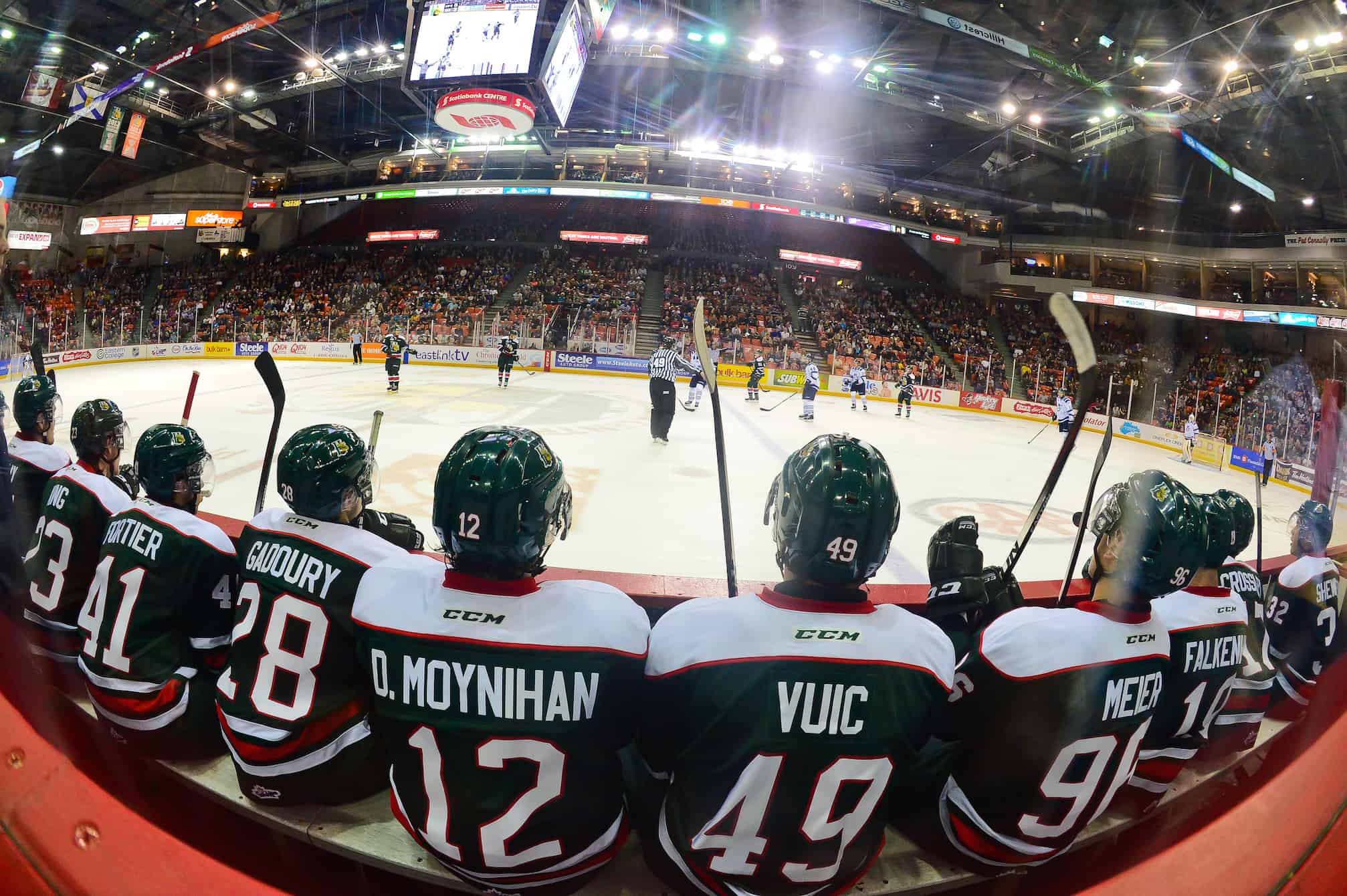At 2:30 p.m. on July 4, 2016, Nova Scotia Minister of Labour Kelly Regan issued a news release. Athletes playing on Nova Scotia-based teams are exempt from parts of the Labour Standards Code…
It was the Monday after the Canada Day long weekend, the beginning of our traditional summers-long political disengagement. This out-of-nowhere decision hadn’t been the subject of public debate, hot-stove discussions or even a whispered this-is-coming heads-up.
With a stroke of her pen, the minister supposedly charged with setting “minimum employment rules” had freed for-profit provincial sports teams from paying their talented teenaged players the same minimum wage McDonalds has to pay its school-aged burger flippers.
Why?
There was one hint in the release. It quotes Halifax Mooseheads’ majority owner Bobby Smith describing major junior hockey teams like his as a “source of pride” for their communities,” which provide, “for some young people, a start to a career in sports.” But “paying minimum wage for all the athletes’ time, including practice or travel,” he added ominously, “would make it difficult for teams to operate.”
A government spokesperson later told Metro Halifax the Canadian Hockey League — the national umbrella organization of 60 major junior hockey teams that employ 1,500 16-20-year-olds — and local team owners had asked for these changes. In the real world that’s called lobbying. Lobbyists are required to register. Even though provincial lobbyist records date back to 2002, there is no listing for anyone ever lobbying on behalf of the league or its teams.
But forget legalities.
Why would the profitable Mooseheads — even in a dismal losing season last year, they drew close to 7,000 fans to each of their 34 home games (earning at least $3-million after HST); raked in revenues from sales of sky boxes, beer and popcorn, pricey jerseys, hats and assorted logo’d accouterments; and snared its share of the Canadian Hockey League’s income from national television rights, as well as one-third of the take from lucrative events like the World Junior Hockey Championships — want to avoid paying the kids who draw their crowds and sell their souvenirs?
There are explanations/excuses.
CHL officials claim only about one third of their teams regularly make a profit (since teams are privately owned, there’s no way to verify that), so requiring them all to pay minimum wage would put some out of business and jeopardize opportunities for every teenager with a dream.
The logical response: the league should follow the NHL model in which the richest teams share revenues with the poorest for the collective benefit of all.
Then there’s the argument that the teams provide players with what Regan calls “alternate… compensation:” everything from free travel and billeting, to expensive sticks and training, even post-career scholarships. None of the travel, etc., would be necessary except so teams can play games, charge for tickets and sell souvenirs. Scholarships? League-devised restrictions make it difficult for many players to collect (see https://thewalrus.ca/hockeys-puppy-mill).
On the flip side, 16-year-old kids have virtually no say over where they play, or when or how long they work. Many end up far from home, some in countries not their own. Even after putting in a full-time-equivalent work week training, playing, traveling and making appearances to support their team’s brand, the teenagers must still make time for their studies.
Many, of course, are chasing that quintessential Canadian dream of an NHL career — and see their treatment as both necessary sacrifice and also part of their development. But the reality is that no more than two per cent of them will see their dreams come true. The rest are just workers, who deserve to be paid fairly for their labour.
Interestingly, tellingly, the government’s unilateral decision comes against the backdrop of a union organizing drive and a class action law suit against the CHL and its teams. One of the issues the court must decide this fall is whether players are employees or, in the CHL euphemism, “amateur student athletes.”
By pre-emptively intervening on the side of team owners, the Nova Scotia government has not only set labour standards back decades but is also helping exploit teenaged dreams.
Shame.








 STEPHEN KIMBER, a Professor of Journalism at the University of King's College in Halifax and co-founder of its MFA in Creative Nonfiction Program, is an award-winning writer, editor and broadcaster. He is the author of two novels and eight non-fiction books. Buy his books
STEPHEN KIMBER, a Professor of Journalism at the University of King's College in Halifax and co-founder of its MFA in Creative Nonfiction Program, is an award-winning writer, editor and broadcaster. He is the author of two novels and eight non-fiction books. Buy his books
Kelly Regan is doing for hockey players what she did for university students. The players get the stick, but the both get the shaft.